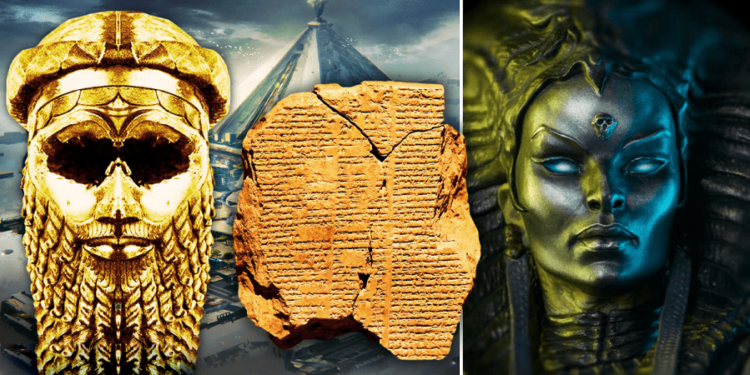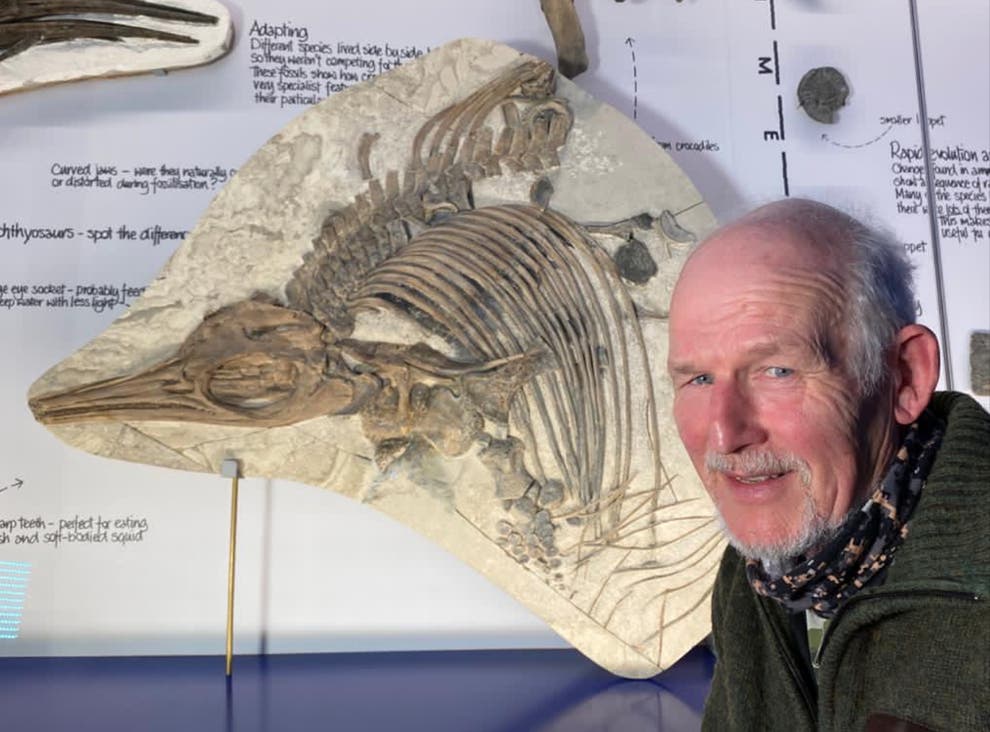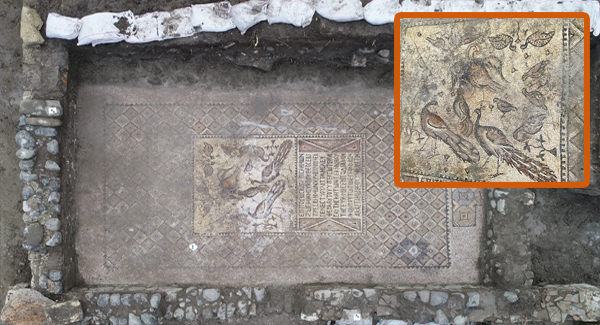Zecharia Sitchin purported the theory that the ancient beings known as the Anunnaki had arrived on Earth in the search of gold. Around 450,000 years ago, they got attracted by the gold reserves in southeast Africa. Sumerian King list has the names of the intelligent beings that arrived on Earth before and after the great deluge.
The list written in the Sumerian language consists of the names of numerous kings who ruled ancient Mesopotamia and also shared the details of their supposed length and location of kingship. Along with the list, the text also included the events of the Great flood, traditions, tales of Gilgamesh, and stories of antediluvian rulers.
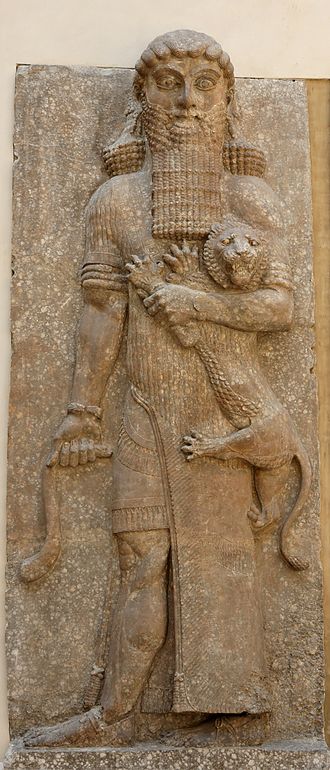
Like other great things, his story was also originated in ancient Sumer, the cradle of civilization. He lived in ancient Mesopotamia, between the Tigris and Euphrates Rivers (presently in Iraq). He is probably the first superhero in history. Gilgamesh achieved fame above all as the protagonist of the great Sumerian literature known as The “Epic of Gilgamesh.”
Historical evidence suggests that Gilgamesh built the great city of Uruk to defend his people and surrounded it with magnificent, intricately constructed outer and inner walls. Lines eleven through fifteen of the inscription read:
“For a second time, the Tummal fell into ruin,
Gilgamesh built the Numunburra of the House of Enlil.
Ur-lugal, the son of Gilgamesh,
Made the Tummal pre-eminent,
Brought Ninlil to the Tummal.”
Gilgamesh fought against the daemon Humbaba (or Huwawa), along with his former enemy Enkidu. After killing the daemon, they brought his head back to Uruk on a raft built from massive trees. He and Enkidu also defeated the Bull of Heaven sent by the furious goddess Ishtar after Gilgamesh refused to become her lover.
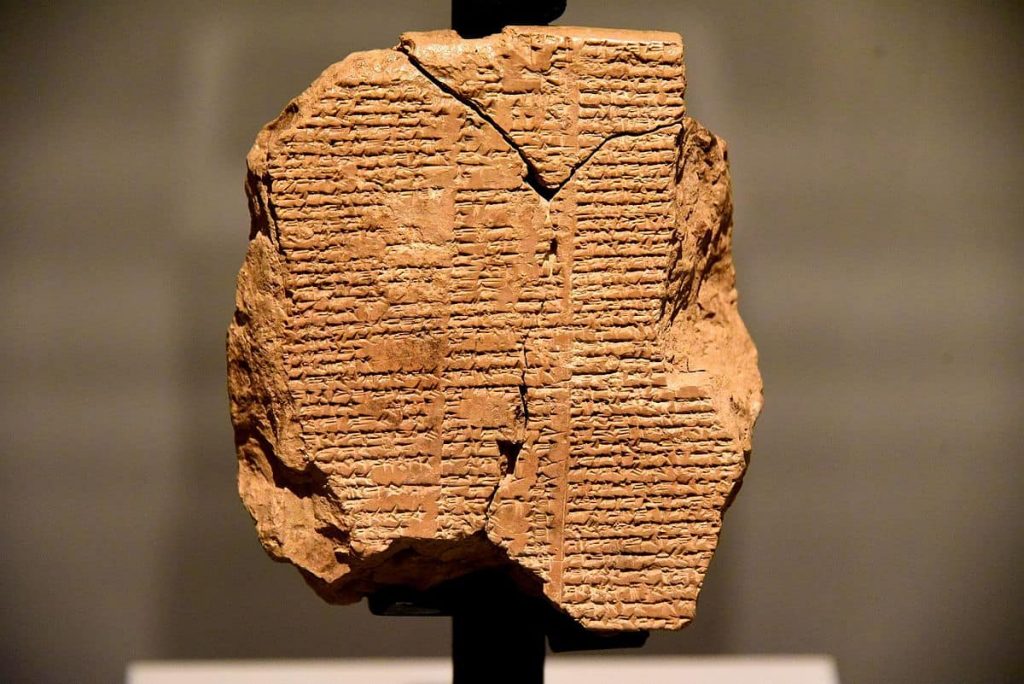
Sumerian List and Gilgamesh
According to the historical list, Gilgamesh was the son of the goddess Ninsun and a priest named Lillah and was the ruler of the district of Kulab and the fifth king of the city Uruk in around 2750 BC. Gilgamesh was two-third God from his mother, the goddess Ninsun, and one-third human from his father. In Sumerian mythology, Ninsun is the daughter of the deities Anu and Uras. Ninsun has also been linked to older deities as she is believed to be their reincarnation.
According to “Pabilsag‘s Journey to Nibru,” Ninsun was originally named Nininsina. According to the ancient Babylonian text, Nininsina wedded Pabilsag near a riverbank and gave birth to Damu as a result of the union. He succeeded King Lugalbanda and reigned for 126 years and then left the throne to his son Ur-Nungal, who ruled for 30 years.
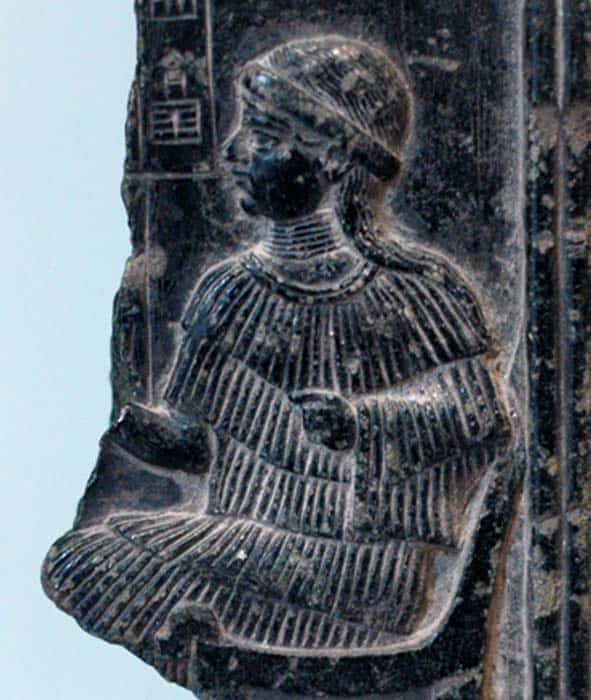
In an effort to control her son’s tyrannical behavior, Gilgamesh’s mother wanted him to be able to visit her home planet, as she had promised him as his right of kingship. But after realizing that all her pleadings to Enlil for Gilgamesh be allowed to visit their home planet had failed (as by his decree no humans were allowed to leave the Earth), Gilgamesh’s mother decided that he needed a companion to be an equal and be able to compete on equal terms.”
The Sumerian List mystery still baffles historians as it shares some perplexing facts that relate to the actual events. What if the list tells us the correct information and the heavenly gods really lived and ruled for such a long period of time? What if they possessed the technology to increase life expectancy and became immortal?

